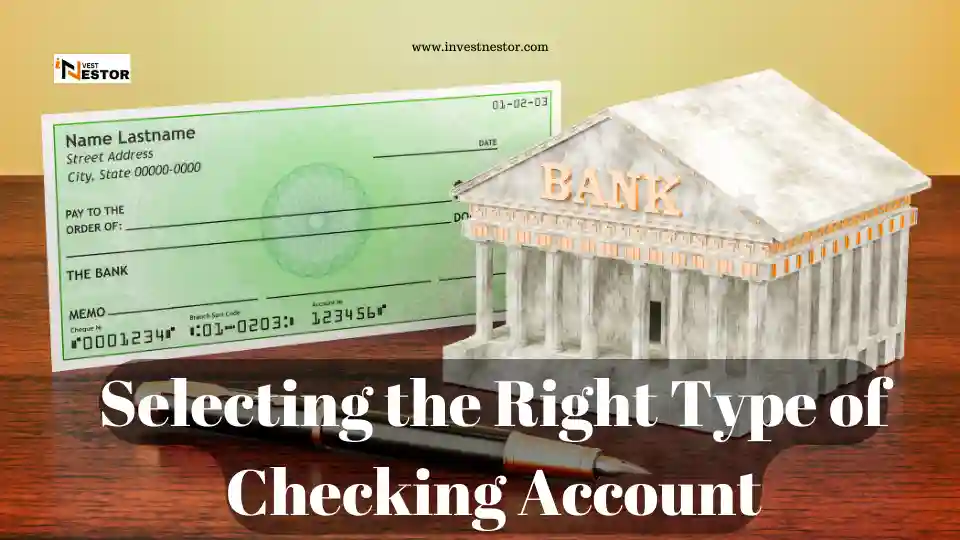
Worried About Your Bank Account After Death? Here's What to Know
We keep our hard-earned money in a bank account in the hope that it will remain safe until we die. But you might have a question: what happens to your bank account after death? A very straightforward answer is that a lot can happen. For example, a joint account holder can automatically take over the bank account or a trustee can oversee how the bank account is handled. If you have a beneficiary named, that's good, or a probate can decide the account's fate. But if you want to simplify things, consult an advisor. Have a look at what happens to your bank account after death.
Key Highlights
-
In the case of a joint account, if a secondary account holder dies, the primary account holder acquires all the ownership of the account. In contrast, if the primary account holder dies, the secondary account holder must close the account.
-
If someone dies without a will, the bank account passes to a beneficiary named for the account.
-
Designating a beneficiary who can take control of the account after you die can eliminate the probate process.
-
You can even give away your assets while you are alive. Here, you decide to give away all your money in your bank account and close them.
What Happens to a Bank Account After Death?
There can be some scenarios of a bank account when an account holder passes away.
1. When a joint owner of the account passes away
- Almost all joint accounts have automatic ownership rights when one joint holder passes away. This means that when one account holder dies, the remaining owner retains ownership of the money in the account. It also means that the other holder can continue using the account and the money in it without any interruptions.
- If the secondary holder is the only living account holder, the account must be closed. In such cases, secondary account holders must remove the funds from the account during the settlement process.
- Here, it is also important to understand that the death of the account holder can impact how much the account is insured. The Federal Deposit Insurance Corporation insures an account for six months after an account holder dies. The surviving account holder can distribute funds to other accounts during that period.
2. When an account holder dies without a will
- If an account holder dies without a will, the account is still passed to a beneficiary. However, things get more complicated when the account holder dies without a will or naming a beneficiary.
- In such cases, the executor of the state handles the assets, including all the money in the account. If there is no will to name an executor, the state appoints one executor according to a local law. Here, the executor uses all the funds of the account to pay any creditors and then distributes the money according to the local inheritance laws.
- If an account holder dies without naming an executor, a relative or any legal representative needs to get permission from a probate court to access the account. Once permission is granted, a relative or legal representative receives access to the account after doing all the official paperwork.
3. When someone dies after setting up a living trust
Some people even establish a living trust as part of state planning. It is a legal arrangement where people shift their ownership of assets, including bank accounts, to a trust account. Under a leaving trust, a person who sets up a trust name is a trustee responsible for distributing the assets after the account holder's death. It is an excellent way to avoid probate court, as the trustee doesn't get involved in what happens to the deceased person and his assets.
When an account holder dies and has set up a living trust, the trustee distributes the assets to all the beneficiaries named in it. However, not all trusts work equally, and setting and maintaining a living trust can be expensive. For some people, it may not be worth the cost if they have few assets and potential heirs. Therefore, it is good to set up a beneficiary for your bank account.
Conclusion
It is always advisable to name a beneficiary of your account. Because there is no easy explanation for what happens to a bank account after death, it mainly depends on your decision as to who will manage your assets after your death. If you die without naming any beneficiary or executor, all your assets will go through a legal process where the probate will decide the distribution of assets. This process is often lengthy and costly. If you want to ensure that your hard-earned money goes to your family members exactly, designate a beneficiary whenever possible.
Read Also:


 to Your Advantage.webp)



0 Comments
Add a comment